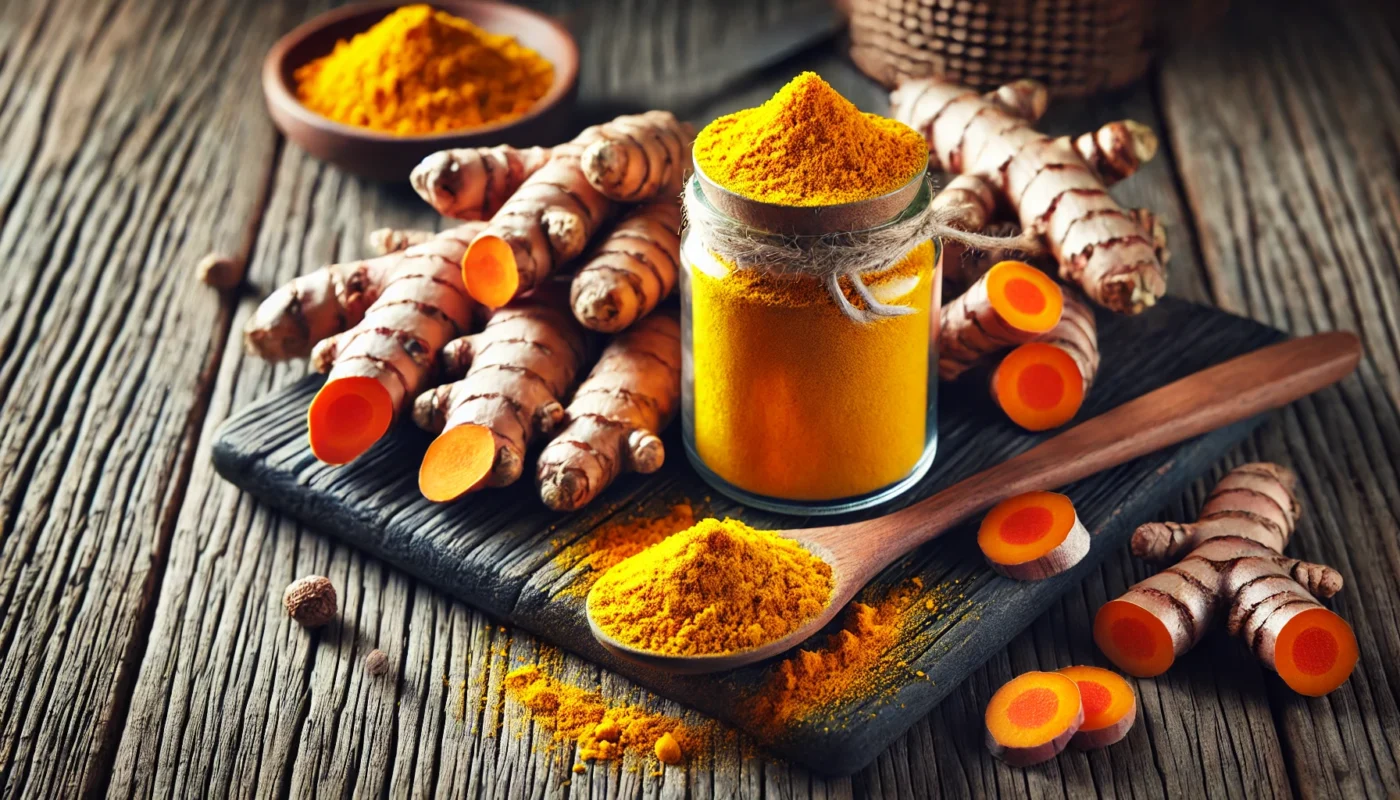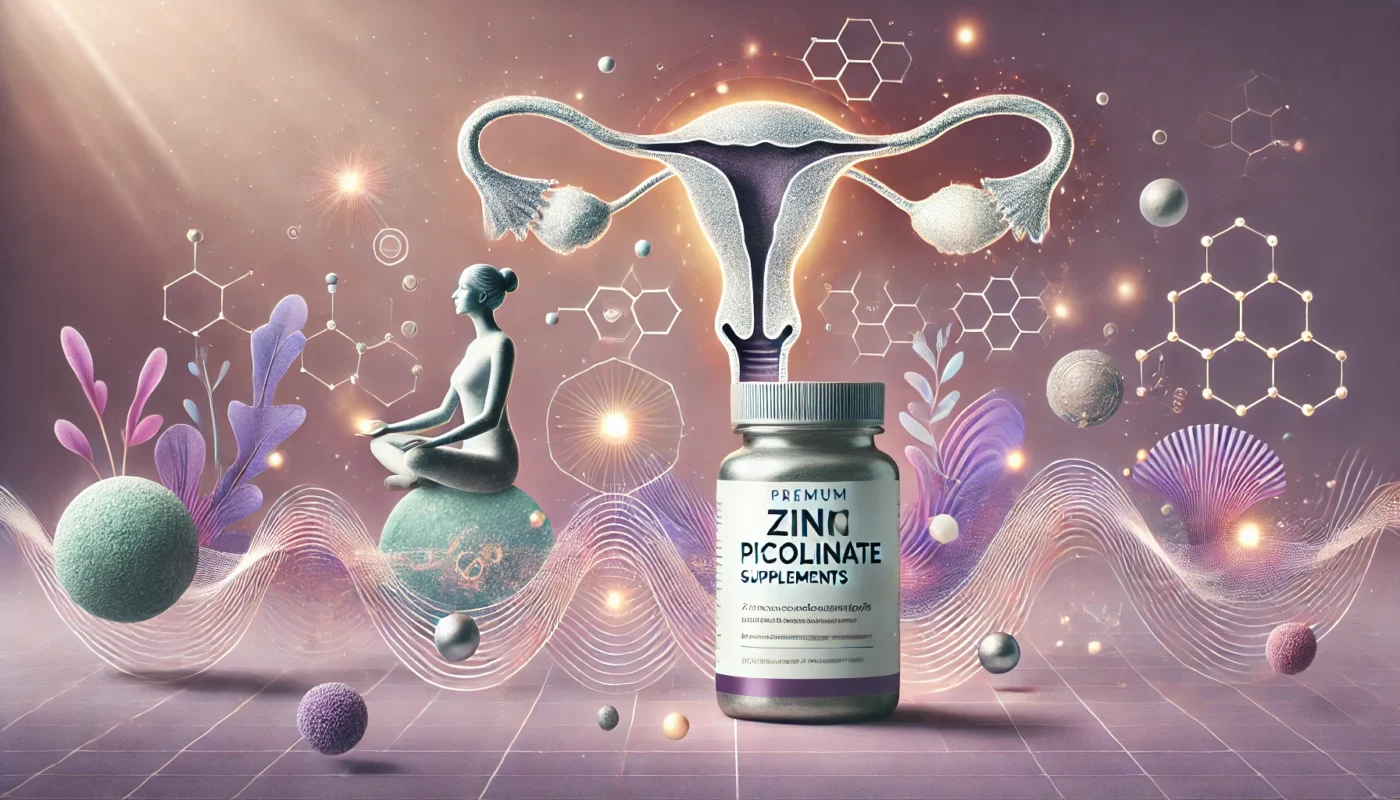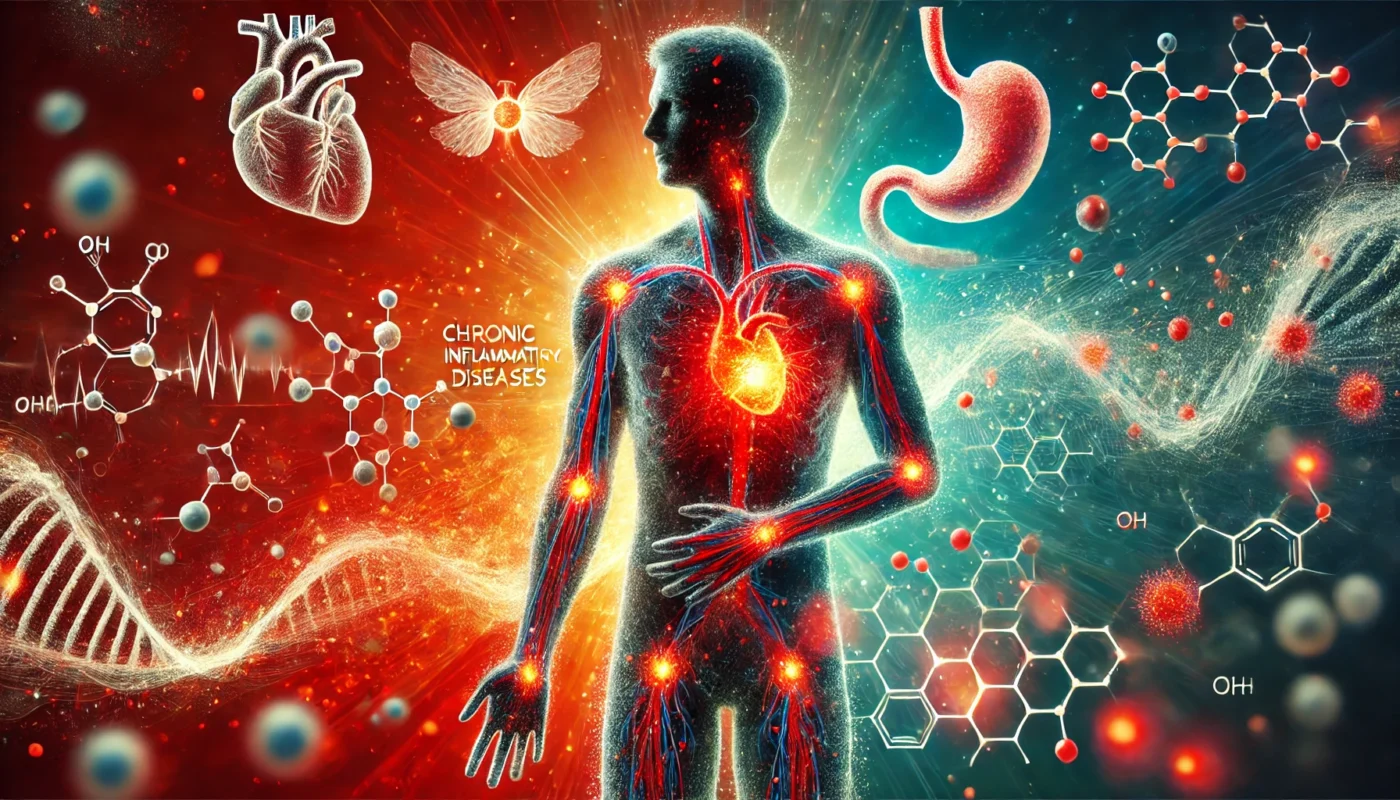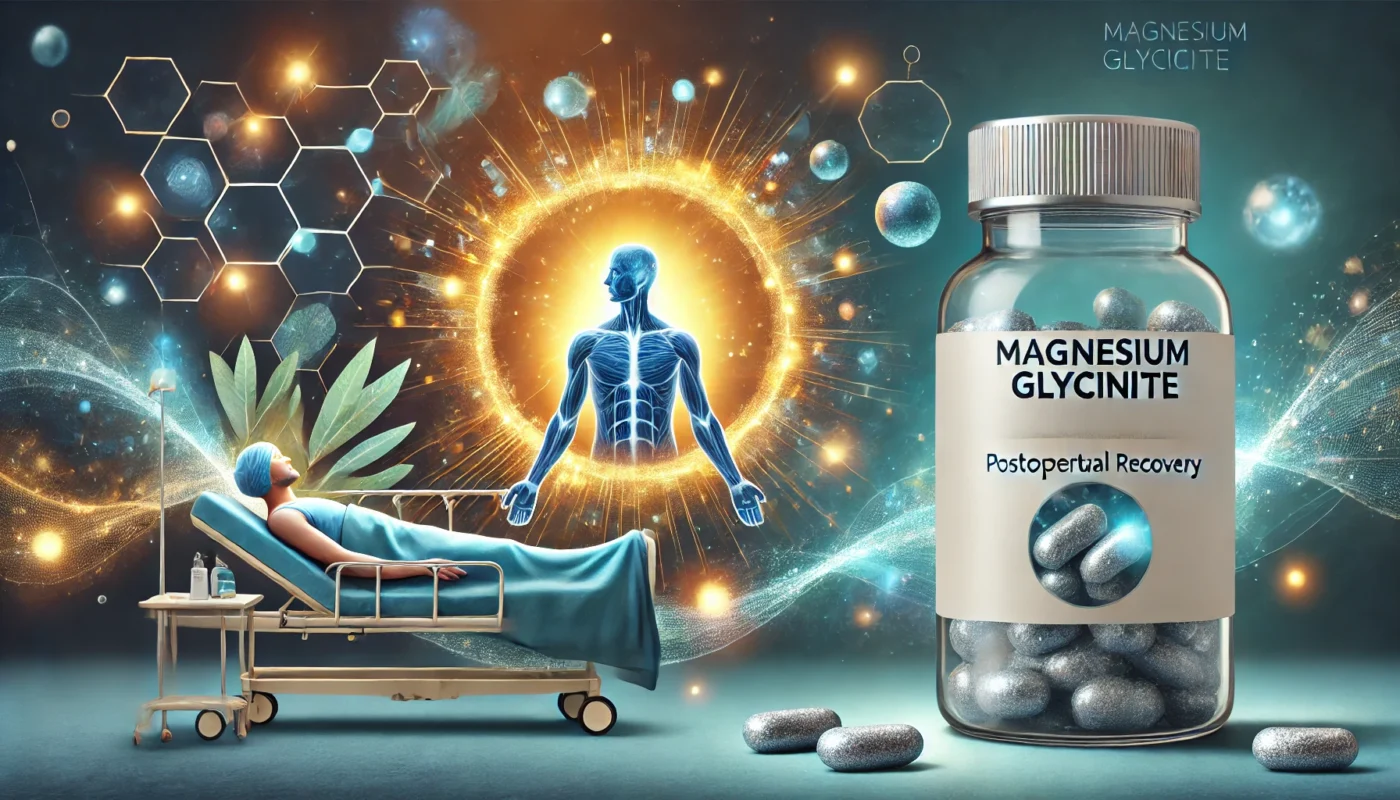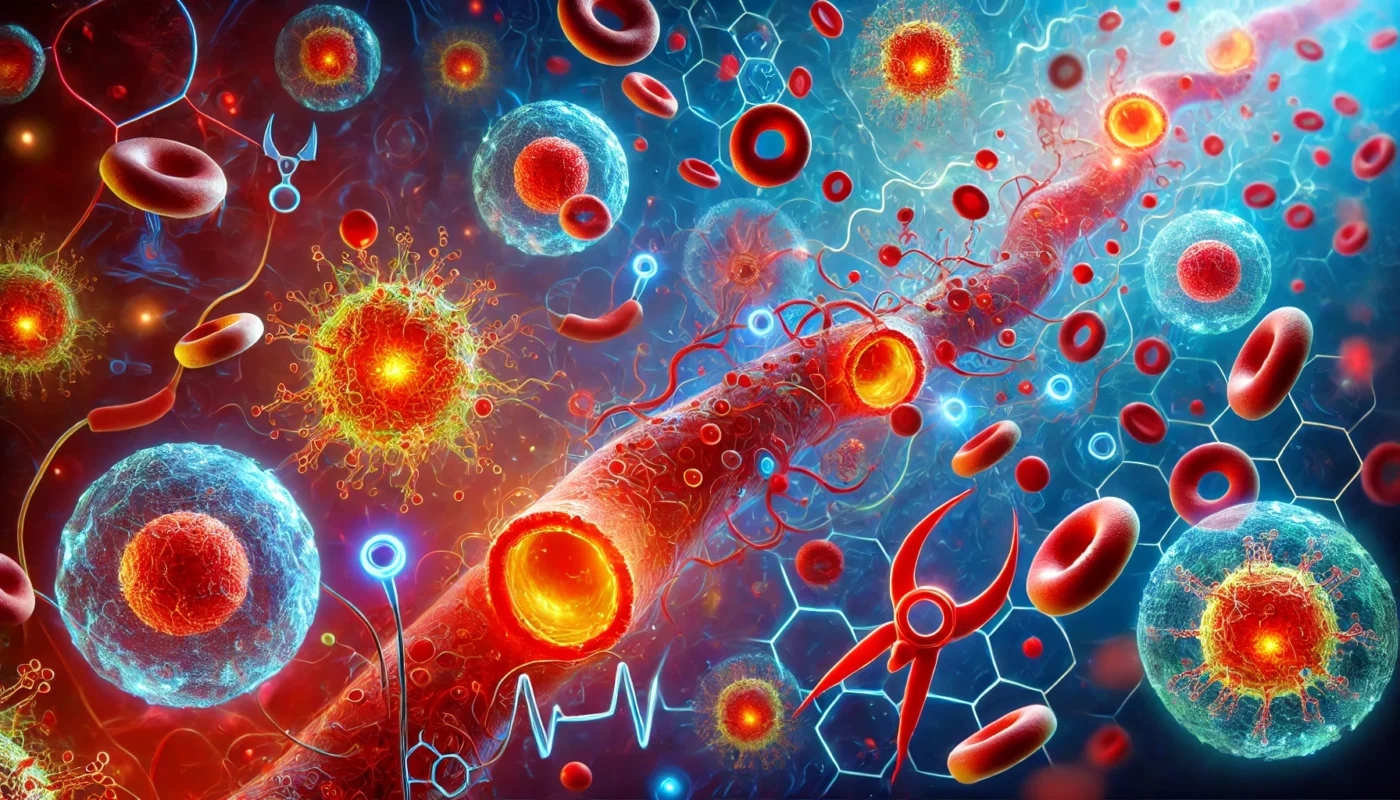Aspirin is a common household name. It’s a medication that many of us reach for when we’re dealing with a headache or a fever. But have you ever wondered what class of drugs aspirin belongs to?
The answer is that aspirin is a type of nonsteroidal anti-inflammatory drug, or NSAID for short. This group of drugs is known for its ability to reduce inflammation, pain, and fever.
But what does it mean for a drug to be an NSAID? And how does aspirin, as an NSAID, work in our bodies?
These are important questions, especially for those of us who are keen on understanding our health and wellness at a deeper level. Whether you’re a fitness enthusiast, a health enthusiast, or a medical patient, understanding the science behind common medications like aspirin can empower you to make informed decisions about your health.
In this article, we’ll delve into the world of NSAIDs. We’ll explore how these drugs work, their benefits, and potential side effects.
We’ll also provide practical advice on how to use these medications safely and effectively. So, whether you’re managing a health condition, recovering from an injury, or simply seeking to optimize your wellbeing, this article is for you.
Let’s start our journey by understanding what NSAIDs are and the role of aspirin as an NSAID.


